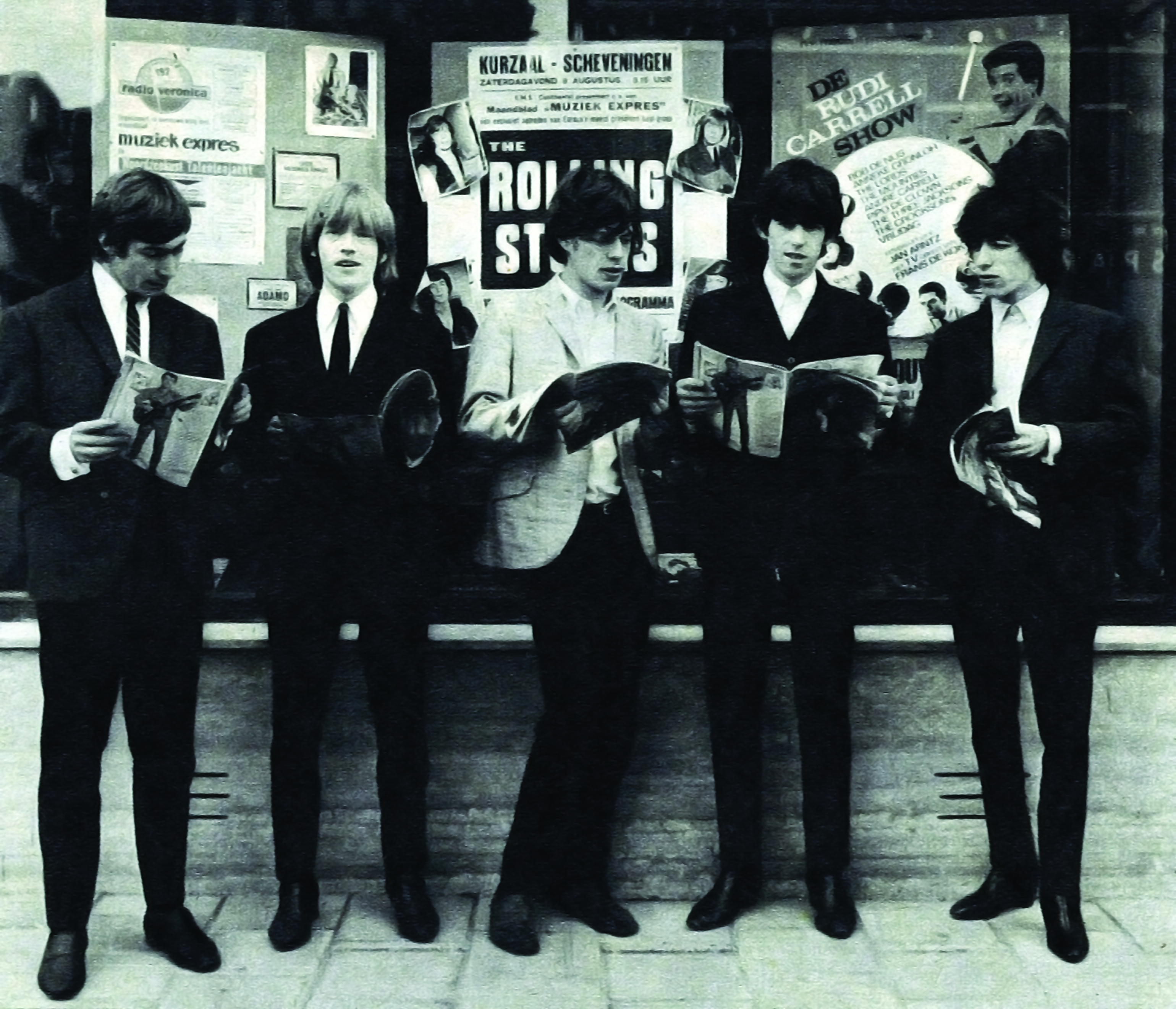
The Rolling Stones have a credibility problem. It’s nothing to do with their longevity or their wealth. It’s to do with their lead singer. Granted, he is a great frontman with a distinctive voice — but his strutting persona and his dancing-by-numbers gives the impression of a politician going through the gears in a speech to the party conference.
According to no less an authority than Peter Mandelson, Tony Blair was so star-struck by Mick Jagger at their first meeting that he blurted out, ‘I just want to say how much you’ve always meant to me’. That Tony Blair now looks like he could be Mick Jagger’s dad doesn’t change the fact that the two men seem to have a lot in common — both were once highly visible public figures who now appear remote and inaccessible. They were both once fired with the zeal of youth and the desire for change, but now they operate mainly in the off-shore world of politicians, financiers and heads of state.
And yet there may have been a time when Mick Jagger and The Stones were actually something genuinely novel and relevant, something that was both cool and British at the same time.
From 1965-1967 they released records that now sound like those you find on modern influential music blogs such as Pitchfork or Gorilla vs Bear. These songs were, by and large, sung in an English accent. They were songs which influenced and reflected their era. They were produced in Brian Jones’s final flourish as a creative force. Jagger was hungry but still retained a certain youthful charm and Keith Richards was revelling in his newly discovered prowess as a songwriter as opposed to a riff-meister. It was the era that produced ‘Satisfaction’, a song that defies analysis — simple, insistent, irresistible and unforgettable. It’s on everyone’s internal iPod and therefore would be redundant on my list.
Instead we have The Last Time, the first song Jagger and Richard wrote together. They had just received an ultimatum from their manager who was growing concerned about missing out on the song-publishing revenue that was the lifeblood of the music business then. Great opening riff, sinister and grooving. Great opening line, great chorus. A good first day at the office.
A cracking opening guitar riff is only one way to start a song. What about a pumping drum intro? Over to you Mr Watts: Get Off My Cloud
It may be stretching it a bit to say that the Stones invented the modern angst song, opening the floodgates for Pink Floyd, Radiohead and the Coldplay tendency, but for a while they ditched the love lyrics to make way for a series of treatises on drug addled mothers (Mother’s Little Helper), depression (Paint It Black) and misogyny (Under My Thumb). The words were occasionally slaves to the rhyming scheme, not the meaning. The ideas didn’t always add up but they sounded exciting and, occasionally, suggestive (Let’s Spend the Night Together).
As Jagger and Richards became more assured, they began to write songs for other people. Perhaps the greatest of these was a reworking of their 1966 song Out Of Time for Chris Farlowe, Islington’s finest blue-eyed soul singer. Jagger liked Farlowe’s treatment so much he nicked the backing track and released it again with his own vocal on it. This is the version presented here, with the strings and no other Stones playing on it.
Let’s not say this was a time when they couldn’t put a foot wrong. There was plenty of po-faced whimsy (‘Lady Jane’) and Beatles-esque archness (‘Ruby Tuesday’) but when they upped the tempo and indulged their nascent taste for psychedelia they could turn just about anything around (She’s a Rainbow).
After this, the drugs and psychedelia slightly overwhelmed them and it wasn’t until the arrival of Jimmy Miller, Traffic’s American producer, that the shackles came off again. He helped reinvent The Stones as an adult band full of feel, vibe and transgressive swagger. He augmented the rhythm section with shakers, congas and cowbells. He got in some decent backing singers who could give Jagger a simultaneous helping hand and kick up the backside. The result was the single ‘Sympathy for the Devil’ and the album Beggars Banquet.
Brian Jones was fired, Mick Taylor was hired and the mythical chugging guitar boogie of Sticky Fingers, Let It Bleed and Exile on Main St was born. They haven’t looked back since, which is a shame because the records they made in the mid-Sixties are the ones that still resonate.
You can listen to the playlist here.







Comments